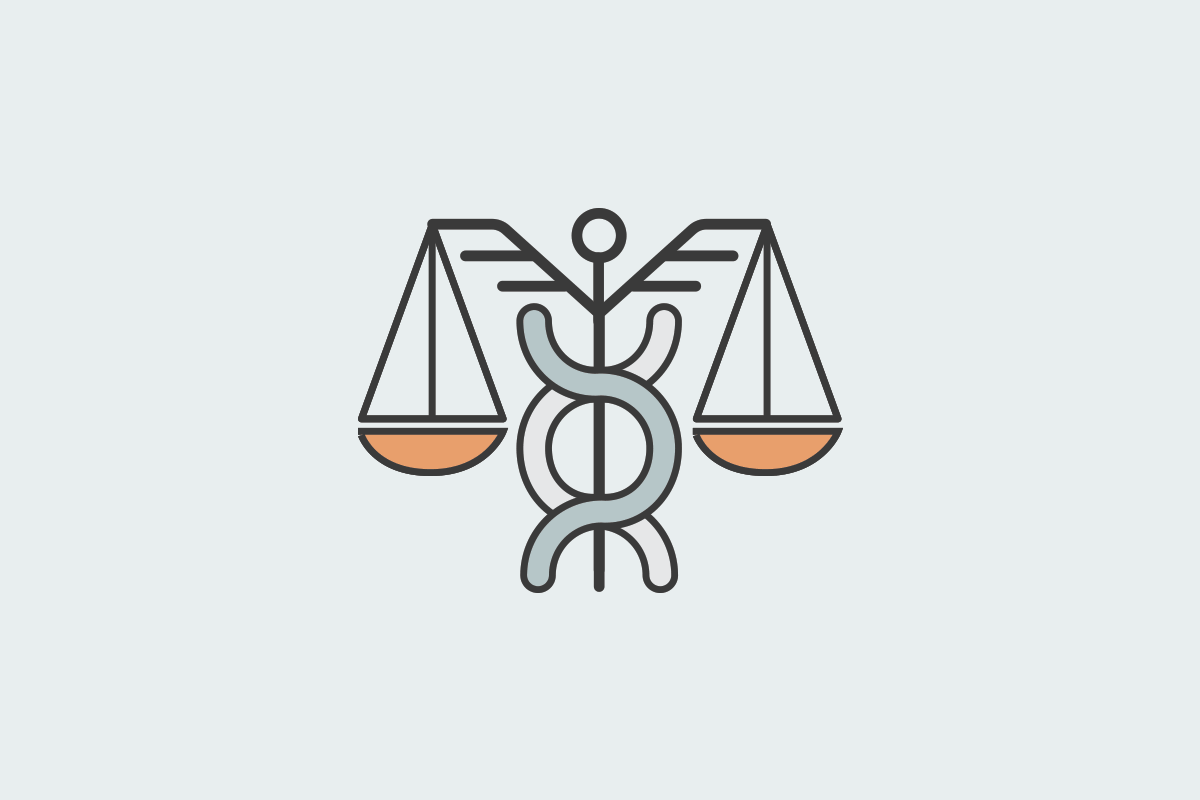It should come as no surprise that the spaces we occupy every day have a huge impact on our overall wellness. The Environmental Protection Agency and Vancouver Coastal Health report that Americans and Canadians spend about 90% of their time indoors. But what about the time we spend outdoors?
Your Welcoa membership has expired.
Can We Hire Them to Do That?
Want more WELCOA Resources on corporate wellness compliance law? RSVP for Barbara Zabawa’s Preconference course Mastering Workplace Wellness Rules at the WELCOA Summit.
The number of wellness professionals in today’s marketplace is as varied as the types of wellness programs and activities employers use to encourage employees to live healthy lives. These professionals may include health educators, health promotion professionals, health coaches, fitness trainers, nutritionists, nurses, therapists, chiropractors, physicians and a host of others.
Before a wellness program hires these professionals, either as an employee or independent contractor, it is vital for the program sponsor to be familiar with two legal concepts that impact the professional’s ability to serve the wellness program: scope of practice and corporate practice of medicine laws.
Scope of Practice
Scope of practice refers to a body of law that asks whether a professional meets training, education, licensure, certification and/or experience requirements to perform certain professional acts. Scope of practice laws are usually state-based laws that protect licensed professionals within their practice domain. They also protect the public to ensure that only practitioners who meet statutorily-defined requirements hold themselves out, and practice as a certain licensed professional. Violating state scope of practice laws can lead to someone being accused as engaging in the “unauthorized practice” of a profession if they do not hold the proper credential. Violations can lead to criminal and civil actions
Criminal actions may include the government asking a practitioner to stop performing the unauthorized practice of medicine, athletic training, dietetics or counseling. Wellness professionals who hold themselves out as a physician or dietitian, for example, without the required state license, could be held criminally accountable for their actions. Criminal penalties may include fines or jail time, depending on the state statute.
The most likely civil action against a wellness professional practicing beyond their credentials is a negligence action. Those actions occur when a wellness professional harms an individual because they lack the necessary credentials for a particular situation. A court will find a wellness professional negligent if a similarly situated wellness professional would have known better and not have caused the individual harm.
To avoid criminal or civil liability, wellness professionals should familiarize themselves with their state scope of practice laws so they are aware of the types of credentials they need to practice certain acts or identify themselves as a certain professional. Once they are familiar with those parameters, the wellness professional should not hesitate to refer an individual to an appropriately-credentialed professional when that individual needs help beyond the wellness professional’s training, education and experience. When providing services to individuals, wellness professionals should account for the nature of the activity (i.e., the skills and abilities a participant must have in order to conduct the activity “safely”), the type of participant (i.e., an individual with medical conditions may pose increased risk when doing the activity), and environmental conditions (i.e., weather, equipment operation, floor or surface conditions). Only wellness professionals who have the necessary training should help Individuals with medical conditions. If a wellness activity is outside the scope of a wellness professional, the professional should avoid giving individualized advice and provide general education information instead.
Employers who hire wellness professionals should thoroughly assess the skills and abilities of those professionals by asking questions that adequately demonstrate the professional’s knowledge and skills. Using situational-type questions is a good way to measure an applicant’s ability to handle tough, unexpected wellness activity situations. It is also a good idea for employers to have policies and procedures regarding how a wellness professional should address certain situations, such as when a situation goes beyond the scope of the professional, or how often the professional should seek training to keep their skills and knowledge up-to-date.
Before a wellness program sponsor hires these professionals, either as an employee or independent contractor, it is vital for the program sponsor to be familiar with two legal concepts that impact the professional’s ability to serve the wellness program: scope of practice and corporate practice of medicine laws.
Corporate Practice of Medicine
A doctrine related to scope of practice is the corporate practice of medicine. This doctrine seeks to prevent non-physicians, including corporations, from interfering in the physician’s medical judgment. How this usually translates is that only certain types of companies (such as hospitals or charitable clinics) can directly hire and employ physicians. The doctrine is based in state law and each state varies in the extent it enforces the corporate practice of medicine, if at all. Some states extend the doctrine to other professions, such as nursing, dentistry, optometry or chiropractic.
The corporate practice of medicine impacts workplace wellness programs who want to perform certain activities that require a licensed professional’s involvement, such as a physician or nurse. These activities might include administering flu shots or immunizations, monitoring glucose or drawing blood. A wellness company may want to hire these licensed professionals to perform the activities, but, depending on a state’s corporate practice of medicine doctrine, may not be able to. The wellness company may have to work with legal counsel to find alternate ways to provide the services to avoid violating a particular state’s corporate practice of medicine law.
Conclusion
Before hiring wellness professionals to conduct wellness activities, it is important for employers to understand their state’s scope of practice and corporate practice of medicine laws. Employers who do not pay attention to these laws could find themselves partially liable for the negligence of their employees or being accused of the unauthorized practice of a profession. To avoid making these errors, employers should work with legal counsel to ensure their hiring practices account for these laws.

Barbara J. Zabawa
President of the Center for Health and Wellness Law, LLC
wellnesslaw.com




